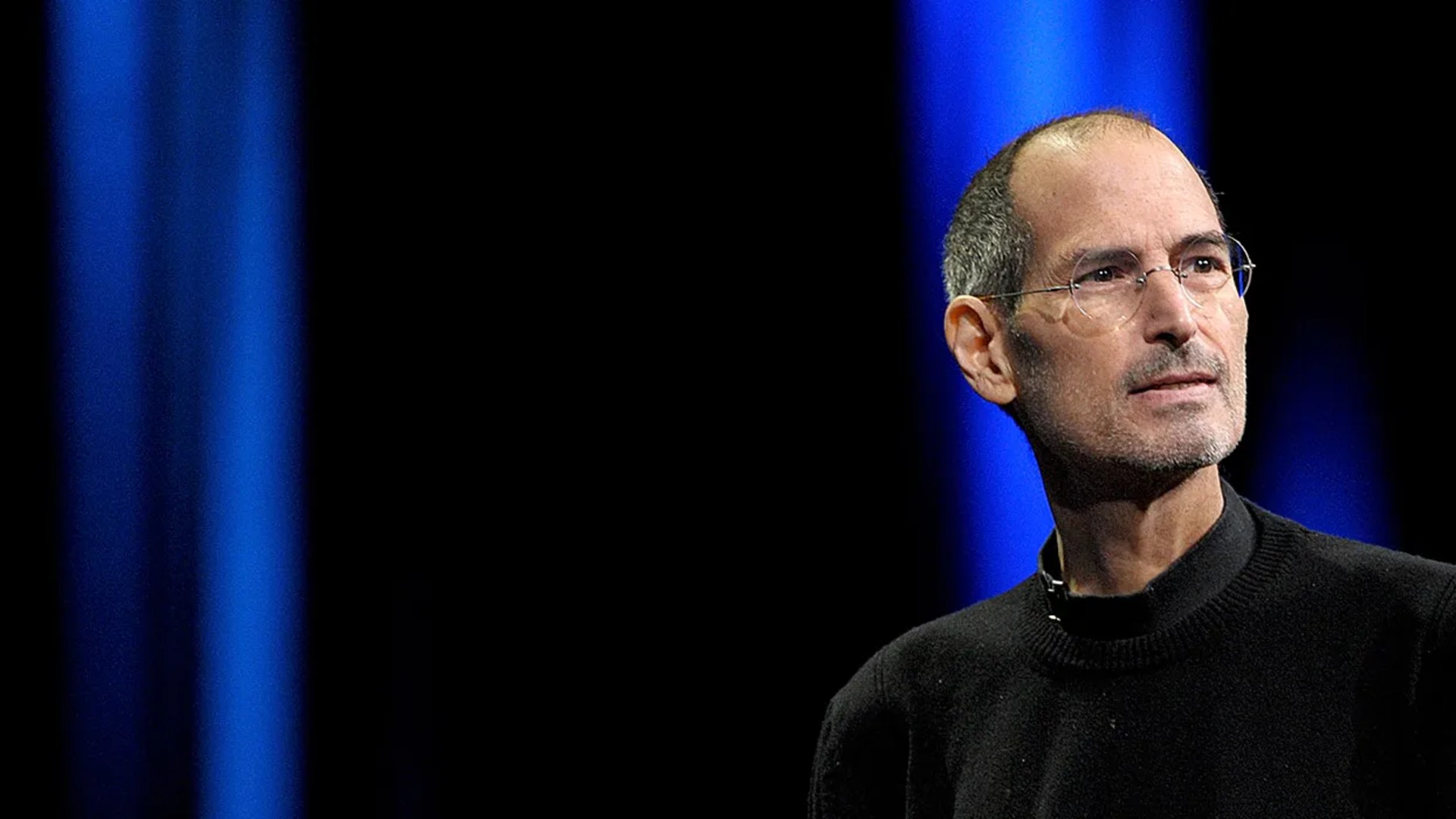Steve Jobs was known for his ability to communicate with a crowd of people. His keynotes set the standard for how companies talk about their products. He was known for being charismatic, sometimes funny, and sometimes even feisty.
In the list of his top performances is another moment worth mentioning. This one wasn’t a presentation, but rather it came during a question and answer session in 1997, shortly after he had returned to Apple. Jobs was taking questions when he was asked a rather insulting question by a man in the audience.
“Mr. Jobs, you’re a bright and influential man,” the questioner began. “It’s sad and clear that on several accounts you’ve discussed, you don’t know what you’re talking about.”
The man went on to ask a specific question about Java and Opendoc, the latter of which was a software framework Jobs had announced would be discontinued. He then challenged Apple’s founder on what he’d been doing during the seven years since he’d been fired from the company.
Jobs had only months before returned to Apple when it acquired his new company, NEXT. There were plenty of people already mad at him (including, apparently, this questioner). He had made a lot of changes, even though he hadn’t yet been named CEO. Technically, he was just a consultant.
In response, however, Jobs doesn’t really answer either of the man’s questions. Instead, he answers the question beneath the question. In doing so, Jobs doesn’t attempt to defend his intelligence or success. He embraces the most brutal part of the man’s criticism–that he isn’t always going to get it right.
“Some mistakes will be made along the way,” Jobs said in agreement. “That’s good, because at least some decisions are being made along the way.”
To be clear, Jobs, who by all accounts was known to be a perfectionist, wasn’t excusing mistakes. “We’ll find the mistakes,” he continued. “We’ll fix them.”
That’s an important point that we’ll get to in a minute, but first, there are a number of things that are astonishing about this interaction, not the least of which is that Steve Jobs was sitting on stage taking questions from an audience of developers. I think the chances of Tim Cook doing the same on stage at Apple’s WWDC at any point in the future are zero.
Second, Jobs handles the insult with an incredible amount of grace and patience. Jobs could have gotten defensive or angry. He would have been justified had his response betrayed that he was, at least, a little annoyed. But that’s not how he responded at all.
Most important, however, those two sentences are a beautiful lesson about success. You see, success isn’t the pursuit of not making mistakes. Almost always, mistakes are the way you find your way to whatever you define as success.
Mistakes are an unavoidable part of the process. You can spend a lot of time trying to figure out a strategy that doesn’t involve making any mistakes, but it usually means you don’t do much of anything–certainly not anything of value.
Jobs’s answer takes only a few minutes, but it’s an invaluable lesson about how to define success, and then how to get there.
“One of the things I’ve always found is that you’ve got to start with the customer experience and work backwards to the technology,” Jobs explains. “You can’t start with the technology and try to figure out where you’re going to try to sell it. And I’ve made this mistake, probably more than anybody else in this room. And I’ve got the scar tissue to prove it.”
That last part is important. Jobs admitted that he’s made plenty of mistakes, but those mistakes don’t take away from his credibility–as the man who asked the question suggested–but rather, they form it. Scars, after all, don’t mean you failed. They mean you made it through the battle.
Obviously, your job is to make lots of little mistakes–the kind you grow from–and not big mistakes (or, the kind your business dies from). Those you grow from are a great way to learn how not to make the other kind.
Mistakes also teach you something important about whatever it is you’re building. When you make mistakes, find them, and fix them, they make your product and your business stronger. That might be the most beautiful part of all.
